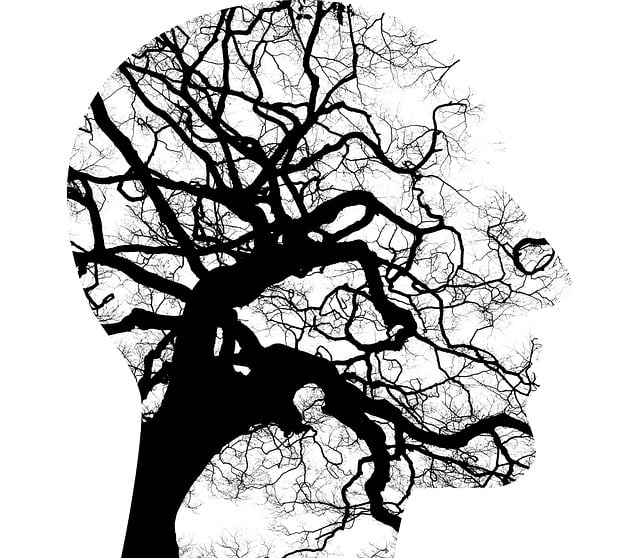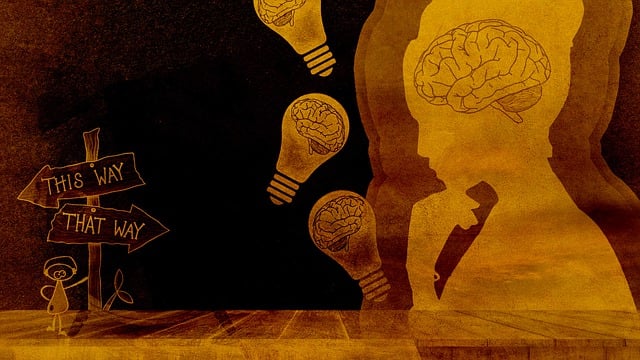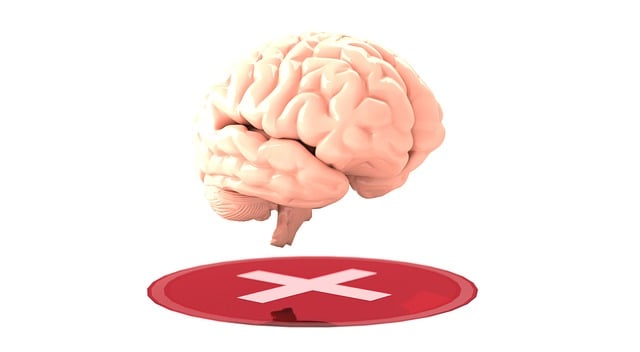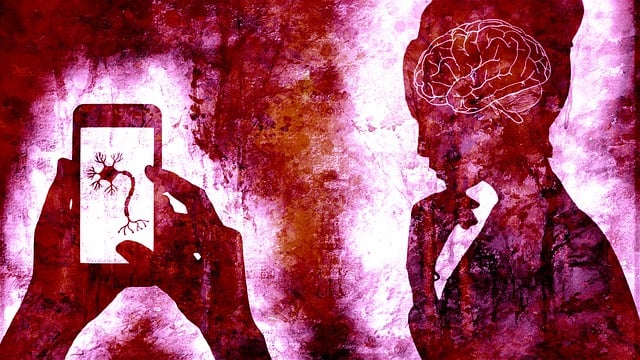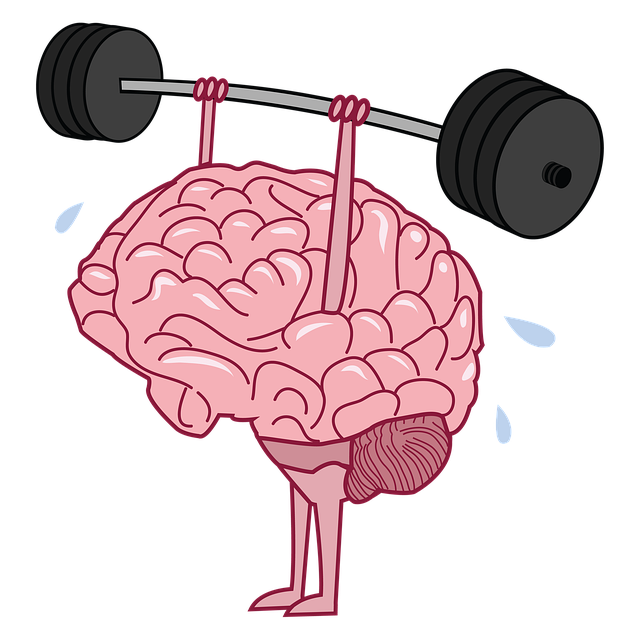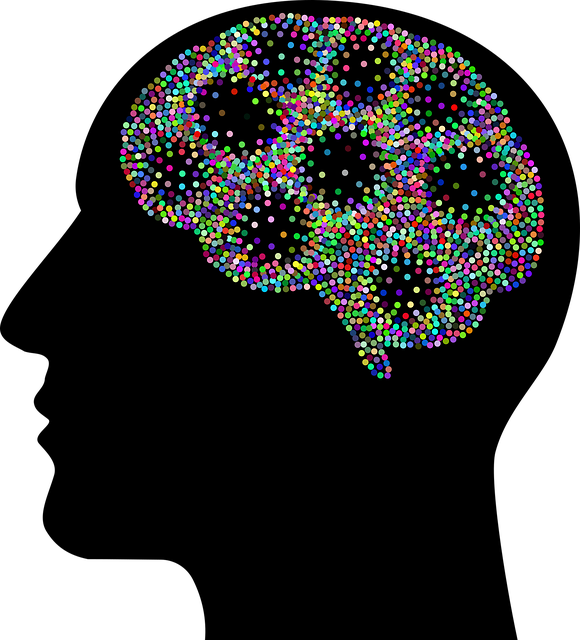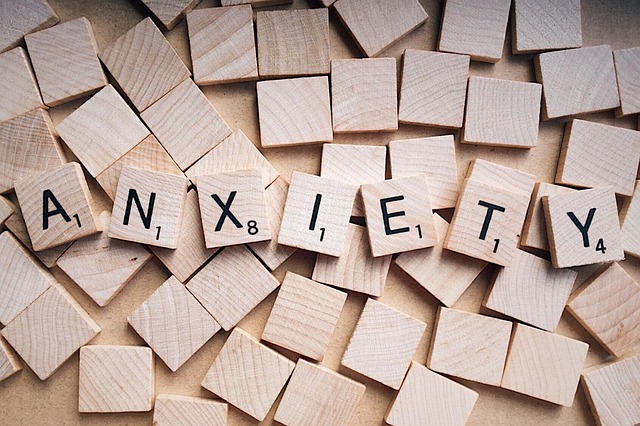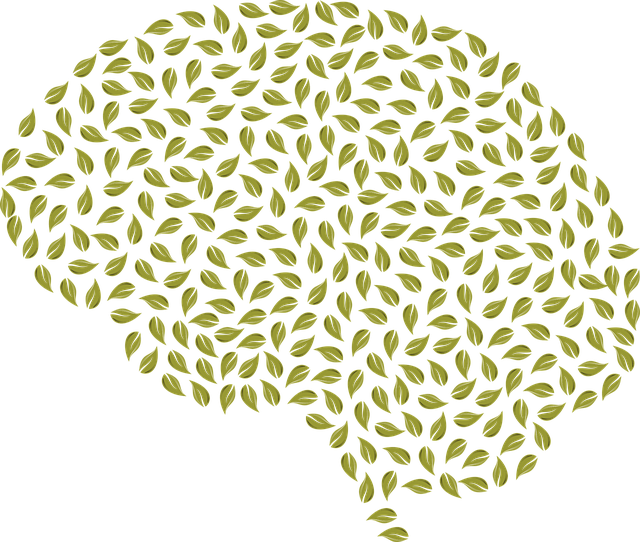Mental health crisis hotlines are 24/7 resources offering immediate support and confidential guidance for severe emotional distress or psychotic episodes, connecting users with long-term care options like Lone Tree Psychosis Therapy. Trained professionals provide crisis intervention, assess situations, and utilize evidence-based techniques with cultural sensitivity to help clients regain self-reliance and resilience. These hotlines, backed by comprehensive training and continuous professional development, cater to various concerns, reduce stigma, and serve as a gateway to understanding Mind Over Matter principles and community resources, enabling prompt and effective crisis navigation.
In today’s fast-paced world, mental health crisis hotline support services act as a lifeline for many. These 24/7 resources provide immediate assistance during times of distress, offering a safe space to talk and navigate challenging emotions. The article delves into the critical role of Lone Tree Psychosis Therapy in crisis support, exploring how specialized practices can mitigate mental health crises effectively. We’ll also guide you through accessing these services and offer insights on training and resources essential for supporting mental health emergencies.
- Understanding Mental Health Crisis Hotlines: A Lifeline for Many
- The Role of Lone Tree Psychosis Therapy in Crisis Support
- Accessing and Utilizing these Services Effectively
- Training and Resources for Supporting Mental Health Crises
Understanding Mental Health Crisis Hotlines: A Lifeline for Many

Mental Health Crisis Hotlines serve as a crucial resource for individuals experiencing severe emotional distress or psychotic episodes. These dedicated lines provide immediate support and guidance, offering a confidential space where folks can express their struggles without fear of judgment. Trained professionals on the other end are equipped to assess situations, offer crisis intervention techniques, and connect individuals with appropriate long-term care options like Lone Tree Psychosis Therapy.
Accessing these hotlines is often as simple as dialing a dedicated number, making them readily available 24/7. They cater to a wide range of concerns, from managing acute anxiety and depression to providing trauma support services and assistance in regulating emotions during stressful life events. Community Outreach Program Implementation within these services ensures that help reaches those who might otherwise struggle to access mental health resources, fostering a supportive network for all.
The Role of Lone Tree Psychosis Therapy in Crisis Support

In moments of severe mental health crises, access to immediate and effective support can be life-saving. Here, Lone Tree Psychosis Therapy plays a pivotal role in providing crisis intervention guidance to individuals facing intense emotional turmoil. Trained therapists offer a safe space for clients to express their distress, utilizing evidence-based techniques such as conflict resolution strategies to de-escalate situations. By focusing on cultural sensitivity in mental healthcare practice, they ensure that support is tailored to each individual’s unique needs and background.
Lone Tree Psychosis Therapy equips individuals with the tools to navigate crises effectively, fostering self-reliance and resilience. The therapists’ expertise in crisis intervention enables them to provide not just immediate relief but also long-term strategies for managing future mental health challenges. This holistic approach ensures that clients receive comprehensive care, addressing both the acute crisis and underlying issues, thereby promoting better mental health outcomes.
Accessing and Utilizing these Services Effectively

Accessing these lifeline services effectively involves understanding and utilizing the available resources tailored to individual needs. Many crisis hotlines offer a simple, confidential, and accessible first step for those grappling with mental health challenges, providing immediate support and guidance. When reaching out, be prepared to clearly articulate your situation, concerns, and any specific requirements you may have. The trained professionals on the other end are equipped to listen, assess, and direct you towards appropriate care, whether that’s therapy, counseling, or community resources.
For those seeking Lone Tree Psychosis Therapy or support for managing mental illness, these hotlines can be a gateway to understanding Mind Over Matter principles and fostering social skills training—crucial components in the recovery process. Reducing the stigma associated with mental illnesses is also a key aspect of these services, ensuring individuals feel comfortable seeking help without fear of judgment. Remember, utilizing these resources promptly can make a significant difference in navigating and overcoming periods of crisis.
Training and Resources for Supporting Mental Health Crises

Mental health crisis hotline support services are only as effective as the training and resources behind them. For professionals responding to urgent mental health crises, comprehensive training is paramount. This includes instruction in risk assessment for mental health professionals, enabling them to swiftly identify and mitigate potential dangers. Effective programs prioritize emotional healing processes, equipping counselors with the skills to provide compassionate and tailored support during these challenging interactions.
Additionally, continuous professional development is crucial. Resources should include evidence-based practices, updated guidelines on de-escalation techniques, and strategies for managing diverse populations. By fostering a culture of ongoing learning, hotline operators can better navigate complex situations, offer more effective interventions, and ultimately contribute to improved outcomes for individuals experiencing mental health crises. Think of it like Lone Tree Psychosis Therapy—a specialized approach that demands continuous refinement to meet the evolving needs of those seeking help.
Mental health crisis hotlines, supplemented by specialized services like Lone Tree Psychosis Therapy, play a pivotal role in providing immediate support and long-term solutions. By offering accessible resources and training, these initiatives empower individuals to navigate mental health crises effectively. Understanding how to access and utilize these services is crucial for fostering a supportive environment where folks can find the help they need, ultimately enhancing overall well-being.
